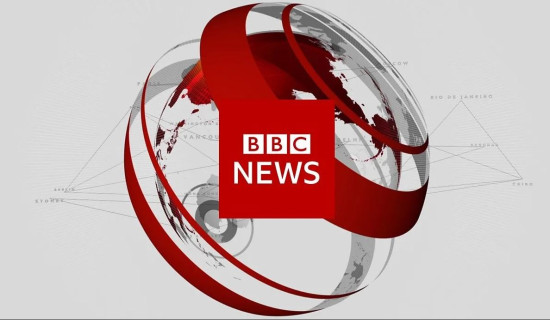- Thursday, 18 December 2025
Why More Is Not Always Better
Water is the essence of life. It fuels our bodies, aids in digestion, regulates temperature, and maintains many of the vital bodily functions. Despite its crucial role, there remains much debate about the ideal water intake. Is it the often-repeated "eight glasses a day"? Or does it differ from person to person? Let us try to further go beyond traditional saying. Water is essential for maintaining bodily functions, including transporting nutrients into all parts of our body. We are blessed with sophisticated mechanisms to balance water intake and output. The kidneys play a crucial role in this process, filtering excess water and waste products to maintain water equilibrium.
Need
In a world where wellness trends constantly evolve, the advice to "drink more water" has become a steadfast mantra. We are bombarded with messages to stay hydrated, carrying oversized water bottles has become symbols of health and sometime even fashion. While adequate hydration is crucial, there is a lesser-known side to this narrative i.e. the dangers of excessive water intake. Contrary to popular belief, more is not always better when it comes to water consumption.
Hydration needs vary significantly from one person to another. Several factors can influence the amount of water one should ideally consume. Larger individuals require more water than smaller individuals because their bodies have more cells that need hydration. Athletes and those who engage in regular physical activity need more water to compensate for fluid lost through sweat.
People living in hot and humid climates need more water than those in cooler environments due to increased sweat production. Foods with high water content, such as fruits and vegetables, contribute to overall hydration. Conversely, diets high in salt or protein may increase water needs. Certain medical conditions, like kidney disease or infections, can affect hydration requirements. It is to note that pregnancy and breastfeeding increases water needs.
Always remember, overhydration, or water intoxication, can lead to a condition called hyponatremia. This occurs when the sodium levels in the blood become dangerously low due to excessive water dilution. Sodium is vital for muscle function, nerve signaling, and fluid balance. Symptoms of hyponatremia can range from mild to severe and include nausea, headache, confusion, seizures, and occasionally even coma.
The "eight glasses a day" rule is often touted as a universal guideline. For years, we have been told that drinking 8-ounce glasses of water a day is the gold standard but of course, it fails to consider individual differences. This guideline, while easy to remember, does not account for individual differences in body size, activity level, climate, diet, and overall health. For some, eight glasses might be too little, while for others, it could be excessive. It is still unknown the origin of the "8x8" rule but it is likely an oversimplification of more nuanced hydration needs. The idea that constantly drinking water is beneficial disregards these nuances and can lead to overhydration.
Understanding the signs of overhydration is crucial for prevention. These can include: swelling, particularly in the hands, feet, and lips, indicating an imbalance in fluid levels. Then, headache and confusion resulting from swelling of brain cells due to low sodium levels. Overhydration may cause nausea and vomiting which is the body's attempt to rid itself of excess water.
More than usual, even when not consuming large amounts of water may results frequent urination. Instances of water intoxication, though rare, do occur. Endurance athletes are particularly at risk. In their effort to stay hydrated during long races, some consume large amounts of water, sometimes beyond what their bodies can process and thus results serious complications. Tragically, there have been cases of marathon runners and other athletes suffering severe consequences, including death, from hyponatremia.
Balance
Achieving optimal hydration is about balance. Let us talk some practical tips to ensure you are drinking the right amount of water for your body. Thirst is a natural indicator of when you need more water. Do not force yourself to drink if you are not thirsty. Hence listen to your body and drink accordingly. Always monitor urine color. Light yellow urine typically indicates proper hydration, while clear urine may suggest overhydration. The need of water is also based on activity and climate. It is suggested to drink more water during heavy physical activity or hot weather, but be mindful of overconsumption. Try to include more hydrating foods in your diet as fruits and vegetables with high water content can contribute to your hydration needs without overloading your system.
While staying hydrated is essential for health, the mantra of "more water" can be misleading and potentially harmful. It is vital to understand that individual hydration needs vary and that overhydration carries significant risks. By listening to your body and recognising the signs of both dehydration and overhydration, you can maintain a healthy water balance. I, therefore, urge to reassess your hydration habits with a critical eye. Aim for a balanced approach that meets your unique needs rather than adhering to generalized guidelines. It is suggested to consult healthcare professionals if you have specific concerns about your water intake. Therefore, in the quest for wellness, moderation is key even with something as vital as water.
(Dr. Lohani is the executive director at Health Concern. lohanis@gmail.com)
















